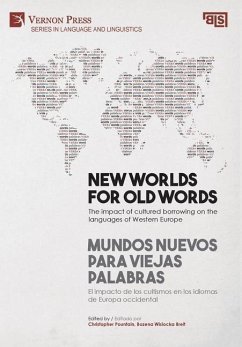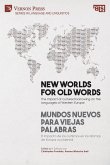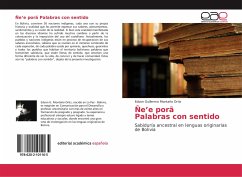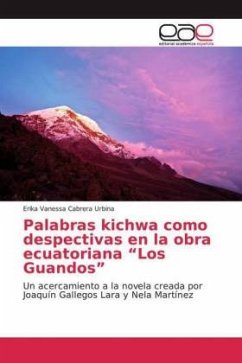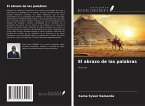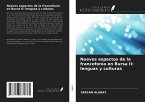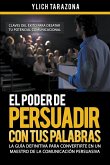"New worlds for old words / Mundos nuevos para viejas palabras" is a collection of chapters on the theme of lexical borrowing in the languages of Western Europe with particular focus on borrowing from Latin, or from Greek via Latin, into Spanish. Such cultured, or "learnèd" borrowing-as it has sometimes been designated-, is an especially intriguing feature of the Romance languages, since they also derive from Latin. It is also of particular interest to historical linguists since it is an example of what has been called "change from above": innovation first evidenced in the written usage of the culturally élite which then diffuses into more general acceptance, with the result that some cultured borrowings (e.g. problem/problema, social, program(me)/programa) are now amongst the most common words in the modern languages. Despite their enormous influence on such major languages as English, Spanish, Portuguese, French, and Italian, the mechanisms by which these borrowings become established in their host languages have to date been relatively little studied. This book seeks to make a contribution to this question and revive interest in what has become a neglected area of historical linguistics and contains contributions both by internationally respected scholars and new researchers in the field. This bilingual collection will appeal to academics, scholars, and postgraduate students of Hispanic Studies, Cultural History, and particularly Historical Linguistics and Romance Linguistics. "New worlds for old words / Mundos nuevos para viejas palabras" es una colección sobre los préstamos léxicos en los idiomas de Europa occidental, centrándose sobre todo en los préstamos del latín, o del griego a través del latín, al español. Los cultismos son un rasgo especialmente interesante de las lenguas romances, ya que ellos mismos proceden del latín. También es de gran interés para la lingüística histórica dado que es un ejemplo de lo que se conoce como "cambio desde arriba": cambios atestiguados primero en la lengua escrita de la élite cultural que luego comienza a tener un uso más generalizado, y cuyo resultado es que algunos de estos cultismos (por ejemplo "problema", "social", "programa") se encuentran entre las palabras más comunes en los idiomas modernos. A pesar de su enorme influencia en lenguas tan importantes como el inglés, el español, el portugués, el francés o el italiano, los mecanismos por los que estos préstamos se establecen en los idiomas de acogida se han estudiado relativamente poco hasta ahora. Este volumen es una contribución a esta cuestión y su objetivo es reavivar el interés en lo que se ha convertido en un área olvidada de la lingüística diacrónica. Se incluyen capítulos de académicos conocidos internacionalmente y de investigadores noveles. Esta colección bilingüe será de gran utilidad para académicos, investigadores y alumnos de posgrado en estudios hispánicos, estudios culturales, y particularmente lingüística histórica y lingüística de las lenguas romances.
Hinweis: Dieser Artikel kann nur an eine deutsche Lieferadresse ausgeliefert werden.
Hinweis: Dieser Artikel kann nur an eine deutsche Lieferadresse ausgeliefert werden.

